Clyde McPhatter
Clyde McPhatter

Clyde Lensley McPhatter, born on November 15, 1932, was a luminary in the realms of rhythm and blues, soul, and rock and roll. Revered for his distinctive high-pitched tenor voice, McPhatter's musical journey was deeply rooted in the gospel music tradition he embraced from a young age.
As a teenager, McPhatter showcased his vocal prowess as the lead tenor of the Mount Lebanon Singers, a gospel ensemble he helped form. His talent caught the attention of Billy Ward, leading to his role as the lead tenor of Billy Ward and his Dominoes. McPhatter's contributions were instrumental in the group's early success, shaping the landscape of doo-wop and R&B with his soulful delivery.
Following his tenure with the Dominoes, McPhatter embarked on his own path, forming the iconic group, the Drifters. His leadership and artistry left an indelible mark on the music scene, influencing generations of artists to come. Despite personal struggles with alcoholism and depression, McPhatter's legacy endured, etched in the annals of musical history.
Tragically, McPhatter passed away at the age of 39, leaving behind a catalog of recordings that spanned over 22 years. His impact was so profound that he became the first artist to be inducted twice into the Rock and Roll Hall of Fame—once as a solo artist and later as a member of the Drifters.
The term "Clyde McPhatter Club" emerged to honor subsequent double and triple inductees into the Rock and Roll Hall of Fame, underscoring McPhatter's enduring influence and legacy in the world of music. Though his life was marked by challenges, McPhatter's contributions continue to resonate, shaping the sound and soul of rhythm and blues for generations to come.
Clyde Lensley McPhatter's birthplace, Hayti, in Durham, North Carolina, serves as the backdrop to his early life, though his birth year remains a subject of debate. While some sources suggest 1932, author Colin Escott posits 1931, shedding light on the discrepancies surrounding his birth. Despite varying accounts, McPhatter's grave marker memorializes his birth year as 1932.
Raised in a devout Baptist household, Clyde was the son of Rev. George McPhatter and Beulah (also known as Eva). From the tender age of five, he found his voice in his father's church gospel choir, alongside his siblings. By the age of 10, Clyde emerged as the soprano-voiced soloist, showcasing his vocal talent and devotion to music.
In 1945, the McPhatter family journeyed to Teaneck, New Jersey, where Clyde enrolled at Chelsior High School. Balancing academics with part-time work as a grocery store clerk, Clyde demonstrated maturity and responsibility, eventually ascending to the role of shift manager upon graduation.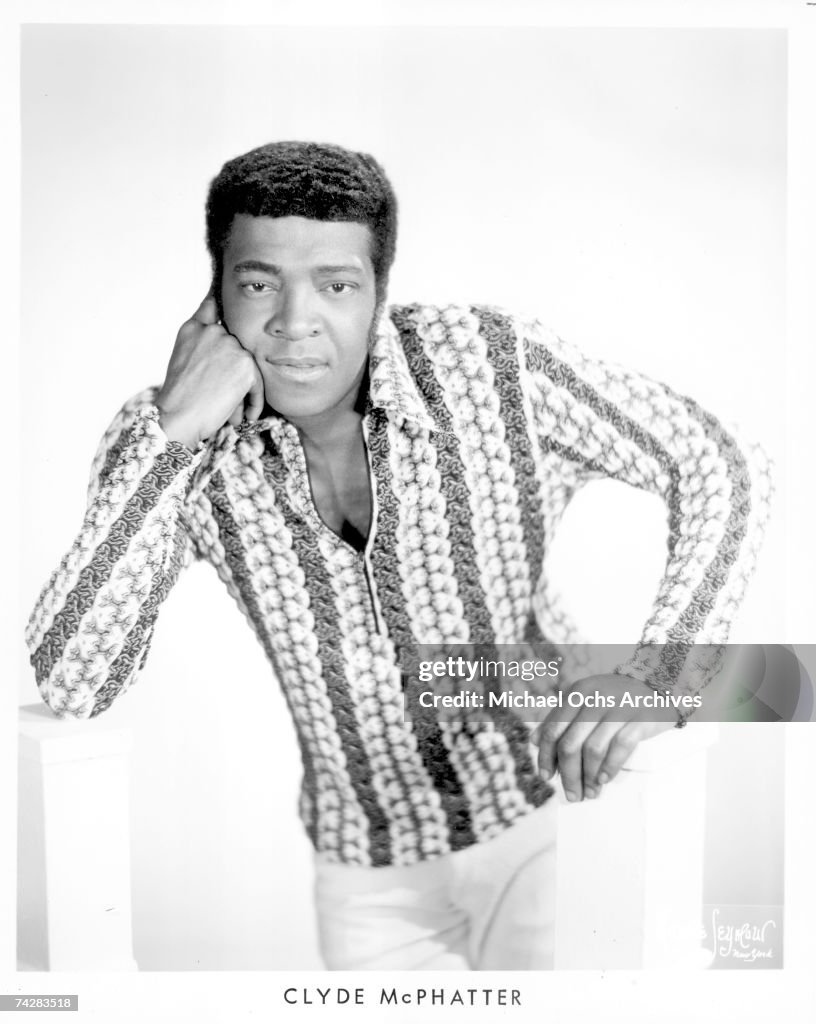
The family later made their home in New York City, where Clyde's musical aspirations took flight. It was there that he founded the Mount Lebanon Singers, a gospel ensemble that served as a platform for his burgeoning talent and laid the groundwork for his remarkable journey in the world of music.
In 1950, Clyde McPhatter's life took a dramatic turn after clinching victory at Harlem's Apollo Theater contest, a coveted win that thrust him into the limelight. Despite his triumph, McPhatter returned to his managerial role at the store, only to be beckoned by Billy Ward and his Dominoes, a prominent R&B vocal group.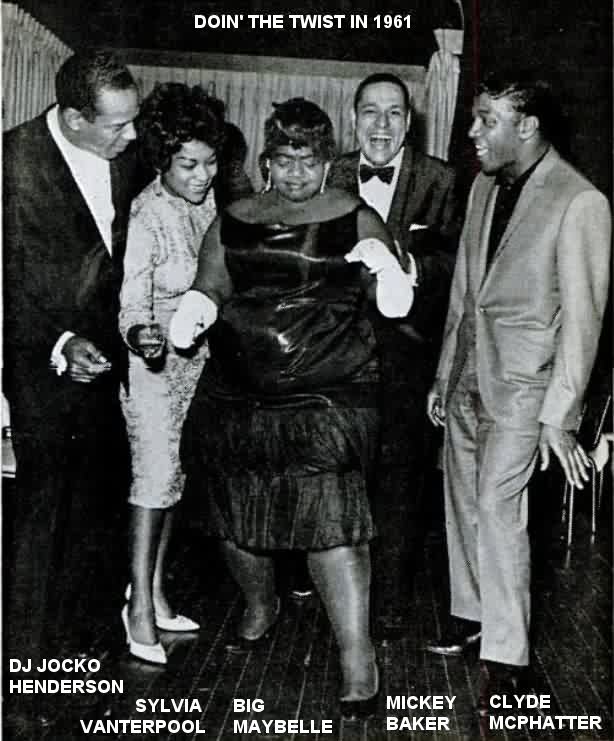
With McPhatter's inclusion, the Dominoes soared to new heights, outshining rivals like the Clovers, the Ravens, and the Five Keys. McPhatter's impassioned, high-pitched tenor became the group's signature, influencing a generation of vocalists including Ben E. King, Smokey Robinson, Sammy Turner, and Marv Johnson. Bill Millar's assessment in "The Drifters" underscored McPhatter's transformative impact, noting his reimagining of the Ink Spots' harmonies into dynamic call-and-response patterns, forever altering the landscape of popular music.
During his tenure with the Dominoes, McPhatter lent his voice to hits like "Have Mercy Baby", "Do Something for Me", and "The Bells". Despite his musical contributions, McPhatter's financial compensation remained meager, reflecting the disparity between his artistic acclaim and financial stability.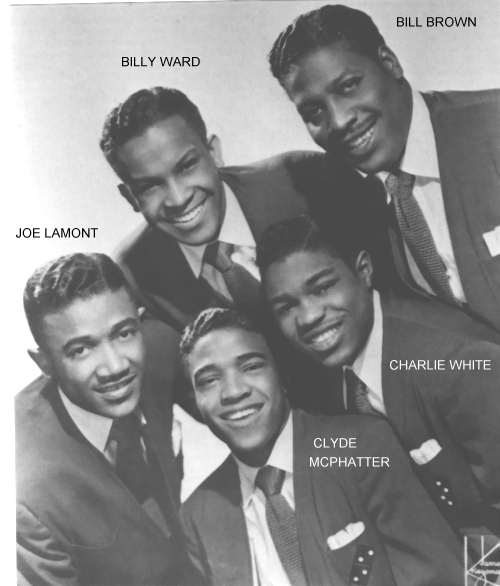
Frustrated by financial constraints and discord with Ward, McPhatter resolved to carve his own path. He bid farewell to the Dominoes, paving the way for a young Jackie Wilson to step into the spotlight. Despite their disagreements, McPhatter acknowledged Ward's role in launching his career, publicly expressing gratitude for the opportunities Ward provided.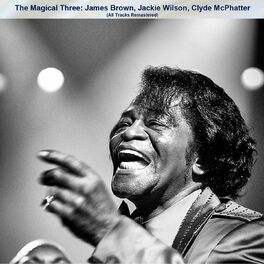
Behind the scenes, tensions simmered, but McPhatter's public statements reflected admiration for Ward's musical prowess and mentorship. Despite their differences, McPhatter's departure marked the beginning of a solo journey that would solidify his place as a legend in the annals of music history.
Ahmet Ertegun, the visionary behind Atlantic Records, along with Jerry Wexler, embarked on a mission to track down Clyde McPhatter, whose absence at a Dominoes performance at Birdland caught their attention—an incongruous booking, as noted by Ertegun himself.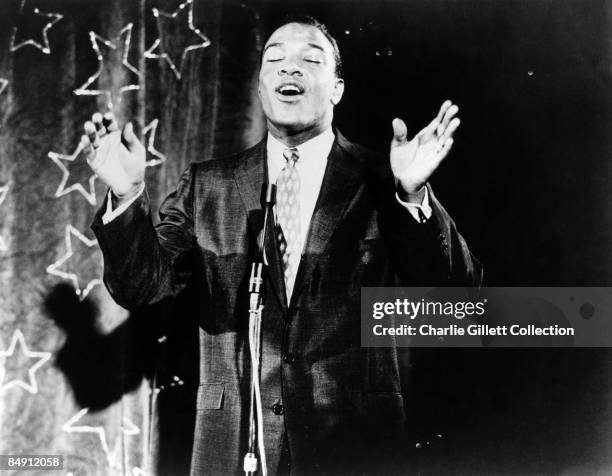
Upon locating McPhatter, Atlantic Records extended an offer, contingent on McPhatter assembling his own ensemble. In response, McPhatter swiftly curated a group, christening them the Drifters. Their inaugural recording session in June 1953 yielded tracks like "Lucille," penned by McPhatter himself. Despite initial efforts, the lineup failed to capture Atlantic executives' desired sound, prompting McPhatter to regroup.
The revamped Drifters, comprising mostly members of the Mount Lebanon Singers, embarked on a prolific journey, producing chart-toppers like "Money Honey," "Such a Night," "Honey Love," "White Christmas," and "What'cha Gonna Do." Initially billed as "Clyde McPhatter and the Drifters," the group's name evolved to "The Drifters featuring Clyde McPhatter."
In late 1954, McPhatter's military induction didn't impede his musical pursuits, as he served in Special Services within the continental United States, allowing him to continue recording. However, McPhatter eventually parted ways with the Drifters, venturing into a solo career. The Drifters, meanwhile, persisted as a dynamic ensemble, albeit with numerous personnel changes.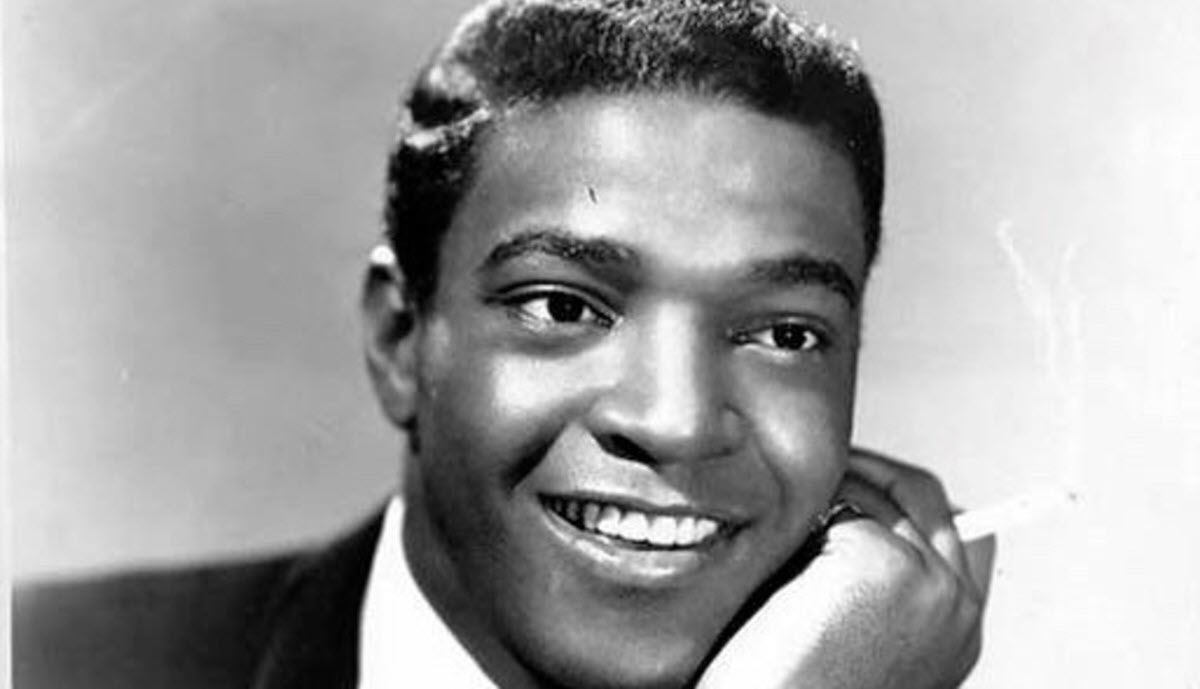
McPhatter's decision to sell his stake in the group to manager George Treadwell, though made with good intentions, led to regret. The Drifters' trajectory veered toward instability, marked by minimal royalties and a revolving-door lineup. McPhatter's realization underscored the unintended consequences of his actions, casting a shadow over the group's financial well-being.
References
- "Clyde McPhatter". Oldies.com. Retrieved December 16, 2012.
- a b Palmer, Robert (1981). "Roy Brown, a Pioneer Rock Singer". The New York Times, May 26, 1981.
- a b c Shaw, Arnold (1978). Honkers and Shouters: The Golden Years of Rhythm and Blues. Reprint edition (March 1, 1986); ISBN 0020617402/ISBN 978-0020617402 New York: Crowell-Collier Press. pg. 381.
- ^ "Google Image Result". Retrieved December 16, 2012.
- ^ "Image". Retrieved December 16, 2012.
- ^ "Inductee Explorer – Rock & Roll Hall of Fame". rockhall.com. Retrieved April 17, 2018.
- ^ "10 Most Likely Next Members of the Clyde McPhatter Club". Rock Hall Monitors, May 23, 2011.
- ^ "New Members of 'The Clyde McPhatter Club'". Future Rock Legends, January 17, 2009.













































